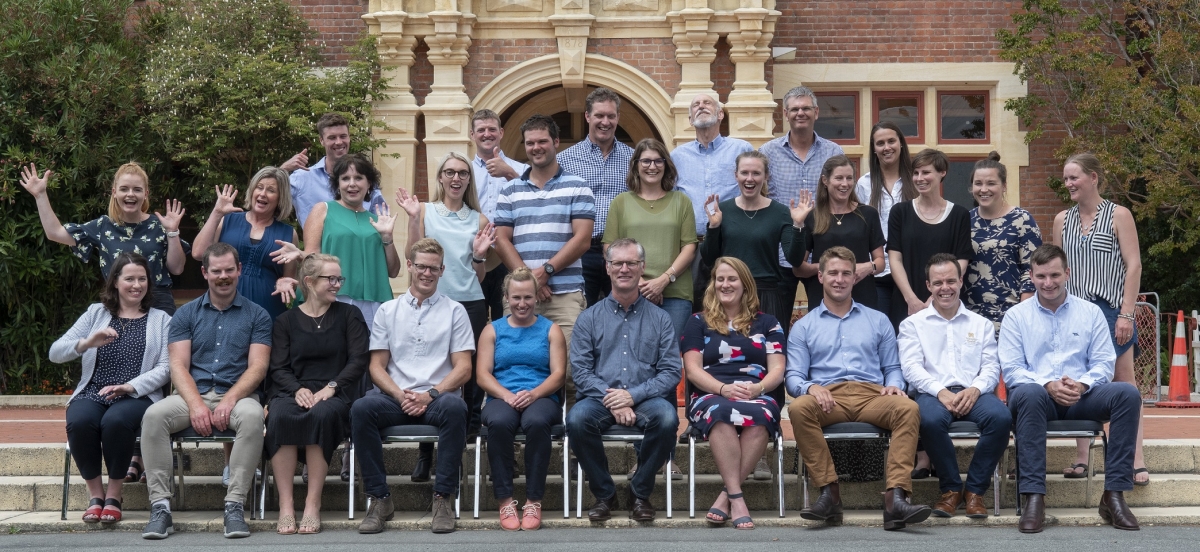
Kellogg course 41

Alternative Proteins & the Agri-Industry
There are ongoing and increasingly growing challenges for sustainability, environmental limits, and pressure for greater efficiencies. Emergent and developing trends in plant-based proteins are creating movements and shifts in consumer demand and food production. Health and nutrition are influencing consumer demand more than ever.
Throughout this study, a greater understanding was sought in the global positioning of alternative proteins and within the New Zealand context. This was then used to identify the considerations required to evaluate the importance of alternative proteins to the Agri-industry in New Zealand.
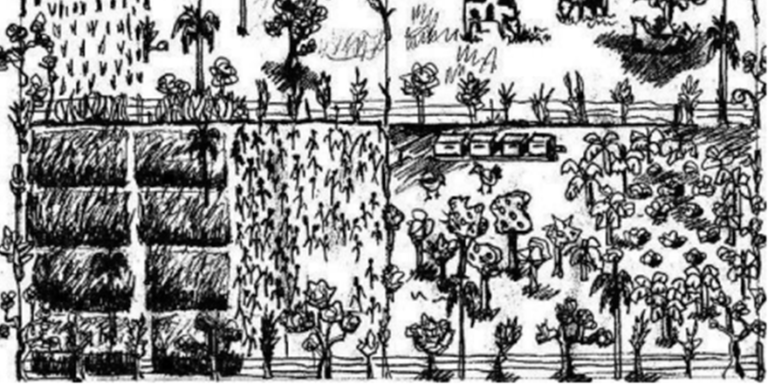
Back to the Future: Harnessing the value of diverse dairy farming enterprises
This Kellogg project explores how ‘ready’ we are as a sector to capture the potential value of diverse dairy enterprises across different parts of the value chain, everything from farmer or grower to consumer.
There is also building pressure and urgency around finding pathways to capture opportunities such as: adding more value to non-replacement dairy calves, positioning our New Zealand Food and Fibre products away from commodities and towards products with genuine market differentiation as well as understanding the role plant based proteins will play in New Zealand’s food future.
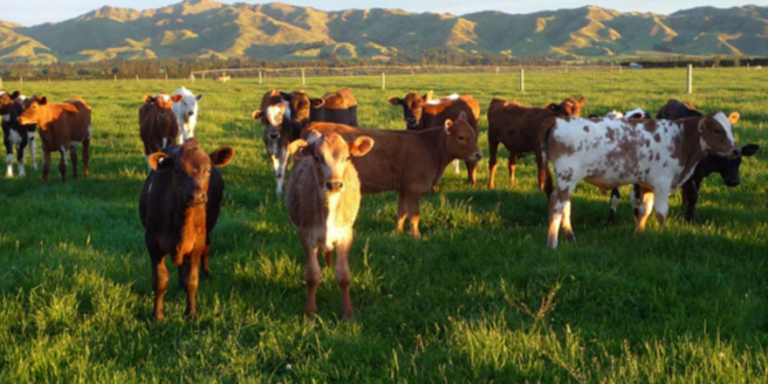
Can the dairy industry’s tarnished cousin reinvent itself to help with our ticking time bomb
The purpose of this report was to provide some context and further understand the issue with bobby calves and the risk to social licence to operate, and then understand what the opportunities, benefits, challenges, and implications might be at the various points of the value chain with establishing a veal industry in New Zealand as a partial solution to reducing the number of calves slaughtered early.
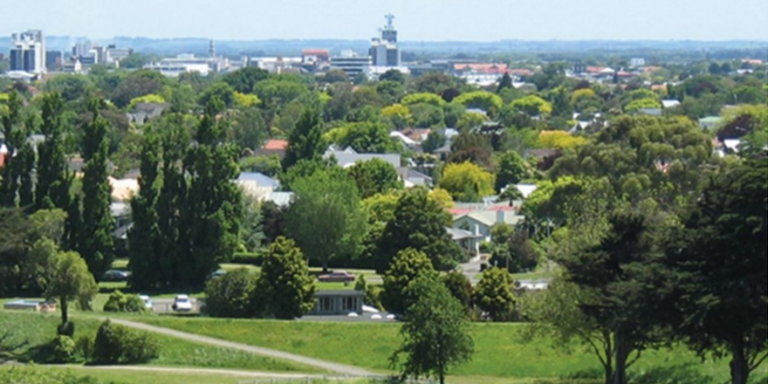
Connection: What are the social and cultural outcomes of peri-urban catchments?
This research explores the value of connection to nature and each other. It explores that state of our connection and contrasts connection with rural disconnect (often referred to as the Urban-Rural Divide).
Peri-urban catchments are catchments that pass through or border an urban centre. This report identifies these catchments as having an opportunity to connect a significant amount of people to each other and nature.
The report starts with a literature review of connection in New Zealand. The study looks at two aspects of connection; the benefits of connection and the current state of connection in New Zealand.
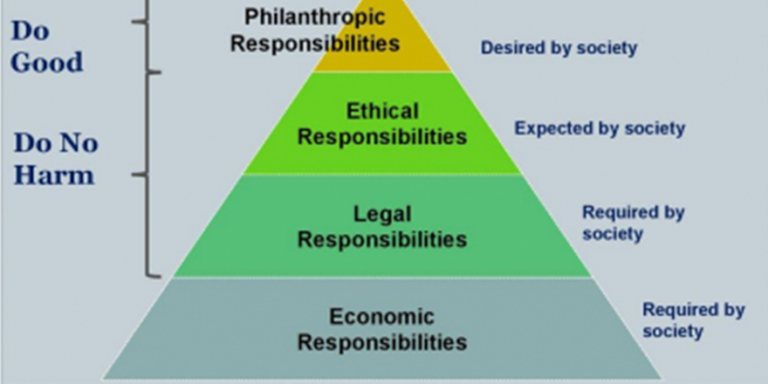
Corporate Social Responsibility in Aotearoa Dairy Farming
Corporate social responsibility (C.S.R.) is maturing rapidly in modern times as a way for companies to reflect the values of its customers, employees and investors. Dairy is facing rising compliance as expectations of consumers and the public grow. Society is putting more emphasis on the impact of their food purchasing decisions resulting in rapid change for Aotearoa dairy farmers.
Dairy farming in Aotearoa is a unique business in that it is non-competitive at the supplier level. Farmers are not competing with their neighbour or any dairy farm, as they are all collected by a processor.
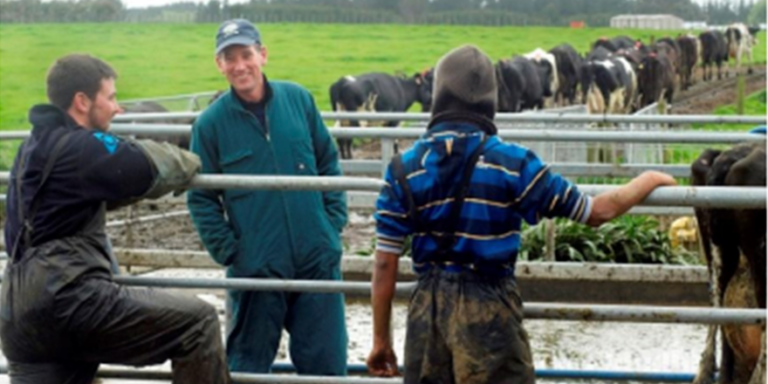
Employee Engagement: The key to retaining talent and passion on New Zealand’s Dairy Farms.
Historically Dairy farming was seen as an attractive career path where hard work and dedication was rewarded with the trophy of farm ownership, but that reward is all but out of the grasp of most; this amongst a plethora of other reasons has led to an ever increasing struggle to attract and retain talented individuals on farm. With 60% of new entrants to the dairy industry leaving within the first twelve months, retention is a very real issue on our dairy farms. Research has shown engaged employees are not only less likely to leave the farm or organisation, but when employees are engaged, the organisation will be both more productive and profitable.
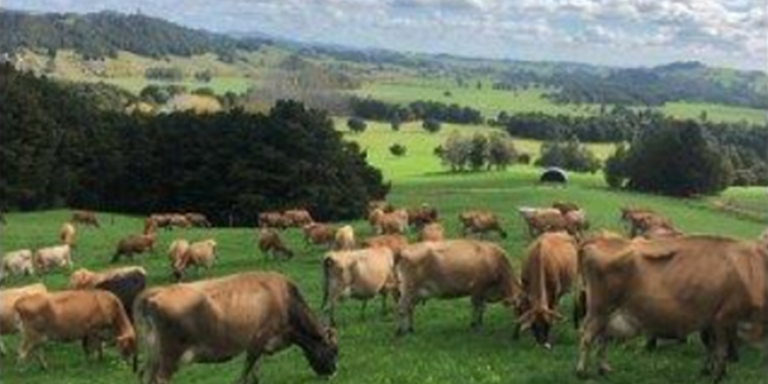
Farmer change: Dairy farming in Northland
To develop an understanding of the implications of this change – the scale and breadth of it along with the potential opportunities this report looks to develop context, perspective and a deep understanding of the subject by exploring the past, present and future of the industry, understanding what influences farmer change, work through current strategies in place and then consider some of the potential pathways ahead and finally discuss some conclusions and recommendations.
This is approached via a mix of in-depth interviews, selected readings, and critique to develop the context, perspective and deep understanding desired.

Farming Into the Unknown: What COVID-19 Has Taught Us About Engaging With Greenhouse Gas Emissions
The objective of this report is to build awareness. Awareness of what people are experiencing internally before being able to accept and embody change. Lockdown has given a global lesson in empathy. In my opinion, building a community of support, where people can lean on each other when they are struggling and celebrate with each other when they win, is crucial for achieving decreased GHG emissions.
Achieving reduced GHG emission targets is a New Zealand Inc challenge, not solely an Agricultural sector challenge. This report proposes a Team New Zealand approach to achieving national GHG emission targets.
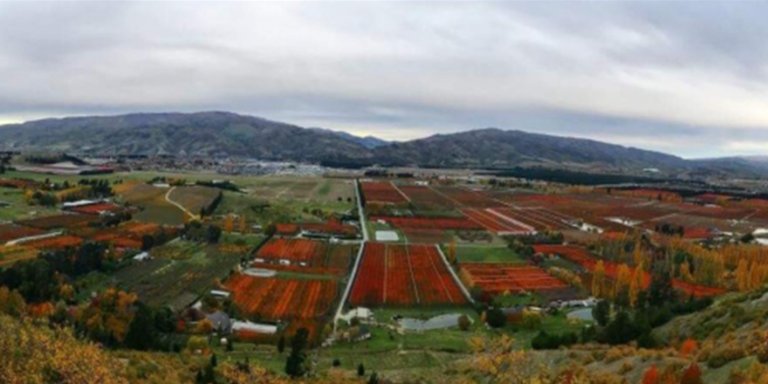
Future scenarios for New Zealand horticulture.
The aim of this project was to explore how plausible future scenarios can be used as a tool to better prepare the New Zealand horticulture sector for what the future may bring. The project objective was to develop scenarios to help to consider what the future operating environment could look like for horticulture in New Zealand, and what challenges and opportunities different plausible futures might present for the sector.
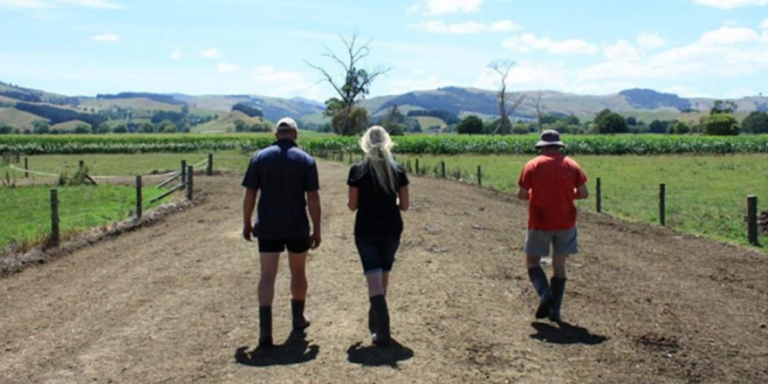
Getting the next generation into farm ownership on their own footing
The challenge is to grow the agricultural industry and keep entry points open, to allow the next generation to attain farm ownership.
The aim of this project is to investigate what options there are for younger farmers to grow their equity within the agricultural industry, rather than investing in external options, and enable them to get a foot in the door to farm ownership.
From my discussions with farmers, rural professionals and business owners outside the agricultural industry, there is a sense that it is harder than it has ever been to buy a farm, but it is still possible.

Hawkes Bay – People, Place, Prosperity: The social impact of land use change in Hawkes Bay
The objective of the research is to provide another layer of insight and use this as a platform for further collaboration and conversation – understanding the social impacts (real and perceived) of contrasting primary sector investment in rural Hawke’s Bay – comparing sheep and beef, horticulture, dairy and forestry.
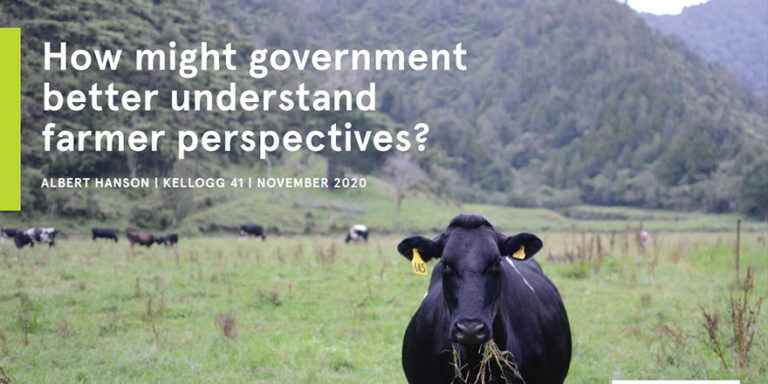
How might government better understand farmer perspectives?
Through my research, I have sought to understand how government institutions internationally and locally are innovating and experimenting to better understand these perspectives. The value and promise of these innovations is already being demonstrated.
I have also sought to understand farmer perspectives myself, and what matters to them. Through a range of semi- formal interviews, I captured a variety of themes. Views of government, the realities of farming, Māori agribusiness, communication and engagement and community and the importance of people were expressed.
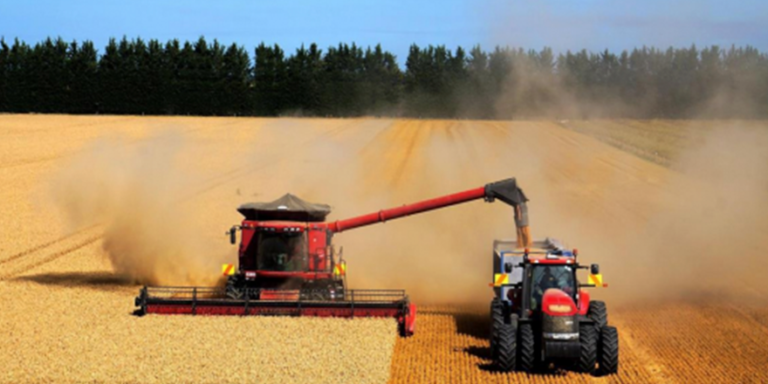
Increasing field reps’ knowledge of grain trading
The aim of this report is to research the development of a grain trading course for field reps, specifically targeting field reps in their first two years out on the road with the objective that it is used by agribusiness organisations. Industry could use this research document to inspire further discussion and development on upskilling our people in arable.
The methodology included an exploratory literature review and a semi-structured questionnaire, and targeted grain traders from the arable industry with field rep staff and arable growers from the various cropping areas throughout the country.
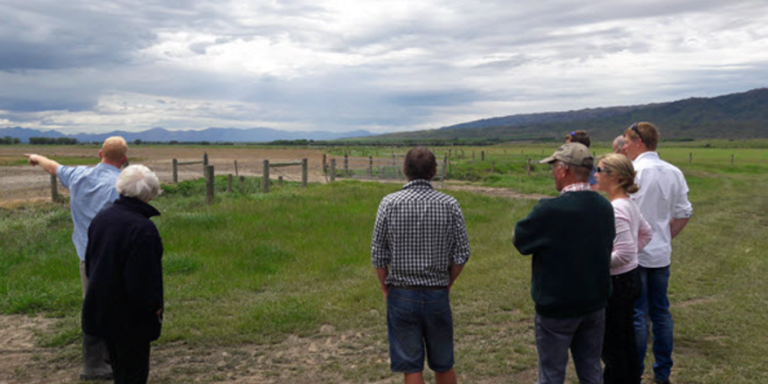
Knowledge + Skills + Networks = Confidence
In an ever-changing world of requirements for freshwater management, biodiversity and climate change policy changes, biosecurity threats, volatile markets due to societal trends and economic fluctuations – a profitable business and a solid balance sheet is crucial in today’s farming operations in order to be prepared for anything.
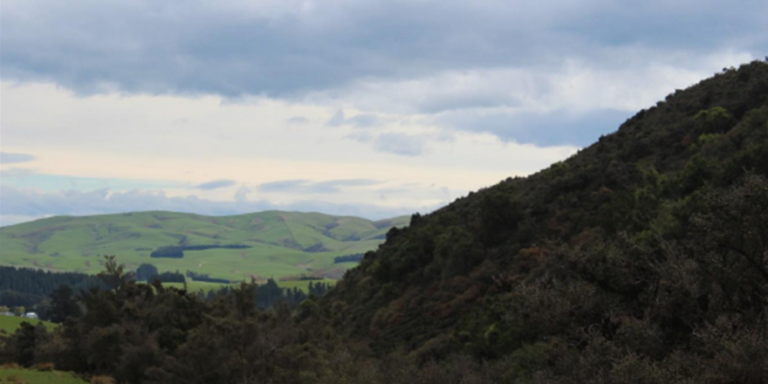
National Treasure: Native biodiversity on-farm
Sheep and beef farms are home to a quarter of New Zealand’s total national native vegetation. This means that sheep and beef property owners make up the second largest native biodiversity land holders, second only to Public Conservation land. As such, a large part of New Zealand’s conservation effort is in their hands.
Many landowners have already taken steps to protect and enhance their slice of native bush. With appreciation for what has already been achieved it encourages more progress to be made by that person and those around them.
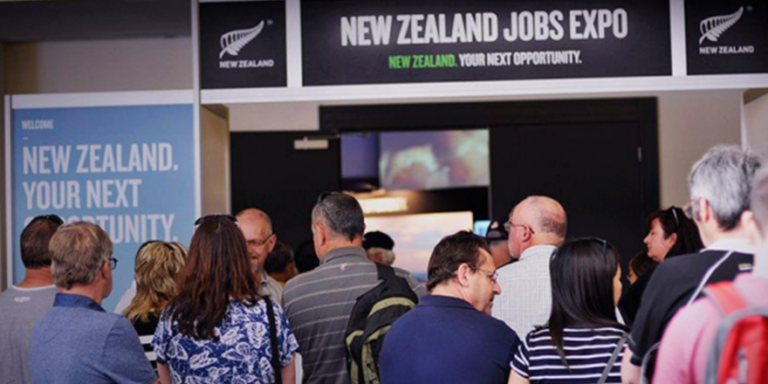
New Zealand labour force in the food and fibre sector: Resilience in times of crisis
The impact of a global pandemic crisis has highlighted that the development of strategic labour force plans like the food and fibre skills action plan and the primary three year plan was all too late to assist with the biggest challenge the industry would face in over 20 years. COVID19 forced the New Zealand border into lockdown and restricted travel into New Zealand. With upcoming seasonal work starting, how was the primary industry get its capable workforce to achieve the level of productivity it was used to.
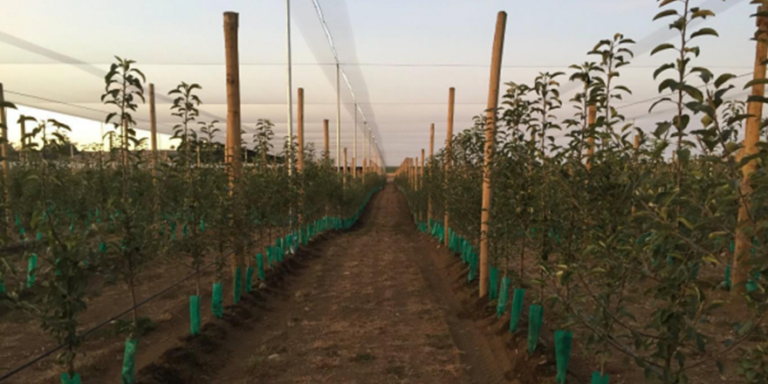
Sustainable Impact Investing into New Zealand’s Horticultural Sector: Is there an Opportunity and Can We Capitalise on It?
This study uses an analytical framework to measure the carbon footprint of orchards and vineyards as a proxy for environmental sustainability. The model uses a case study of six different orchards and vineyards, owned by Craigmore Sustainables, to get an understanding of the variability within the sector. In addition to the carbon footprint modelling, four informal interviews of leading New Zealand primary industry investment managers and large-scale corporate farmers and foresters were performed to get an understanding of the extent to which the primary industry and its investors are concerned and report on sustainability.
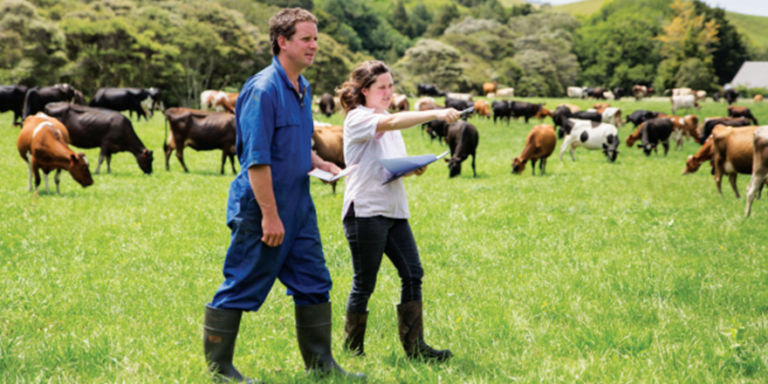
The industry, the farm, and the people: Who will own our dairy farms in the future?
To reach the goal of dairy farm ownership, those in the industry are becoming creative around the pathway they choose for progression.
What has not changed during this growth of the industry are the people. Those who reach the goal of dairy farm ownership have key characteristics in common and when these characteristics are examined, they become keys to success.

The Protein Debate – understanding the movement to plant-based eating
The purpose of this research was to explore the rise in veganism and the factors which influence a shift in perception and behaviour when it comes to consuming protein sources.
Through a study of literature, the role of protein in our diets has been explored as well as production and consumption trends in New Zealand and globally. The relationship with protein sources and the human behavioural aspect towards varying food messages was woven into the discussion. Unstructured interviews were conducted amongst animal and plant protein producers as well as industry partners and consumers.
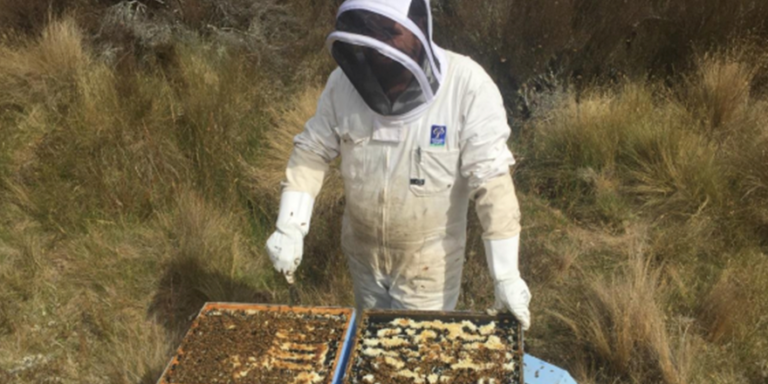
Where is the Profitability in the Manuka Honey Production in Northland?
In this report a comparison is made between Northland and Waikato to highlight the risks of beekeeping in Northland and determine the key focus areas that can reduce these risks and deliver profitability.
Using the data provided in MPI’s Apiculture Monitoring Reports from June 2008 to June 2018, it is clear that a ~12% net profit before tax was achieved during these ten years in Northland. At ~12%, this profitability is exposed to significant downward pressure due to overstocking of beehives in the region and unsettled weather.
Our programmes work in partnership with some of New Zealand’s leading agribusiness organisations – click here for more.


























